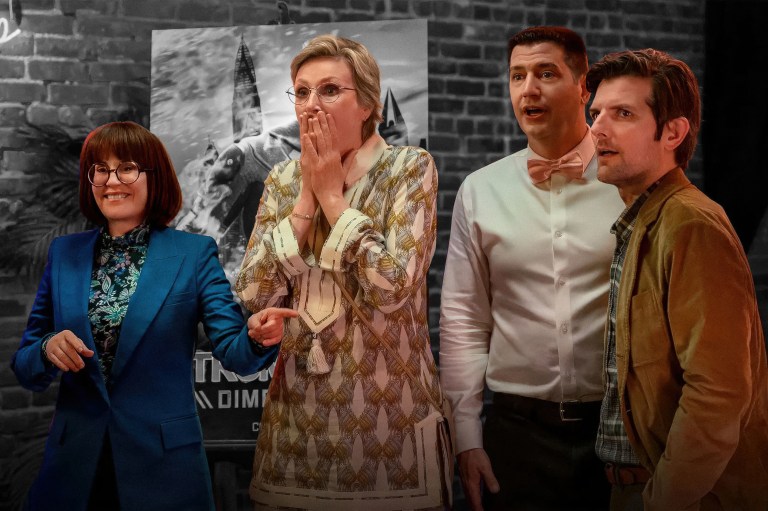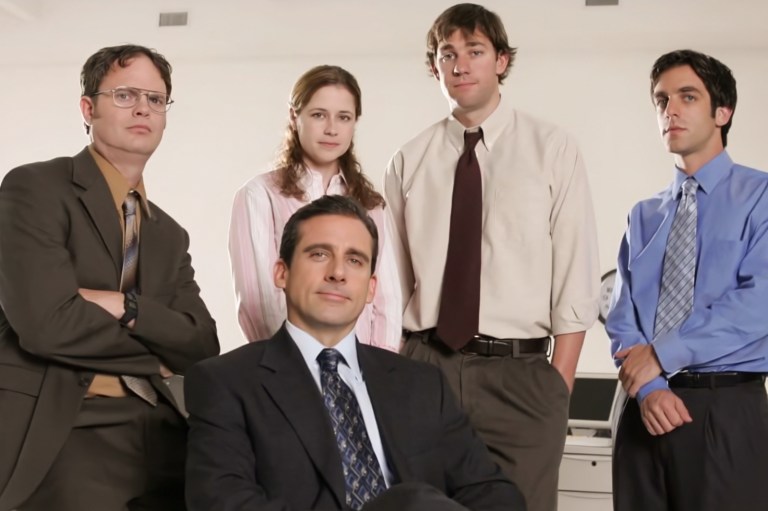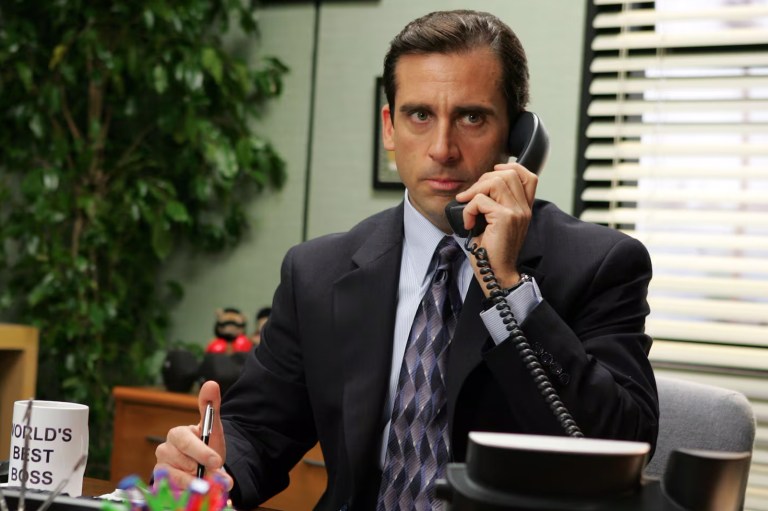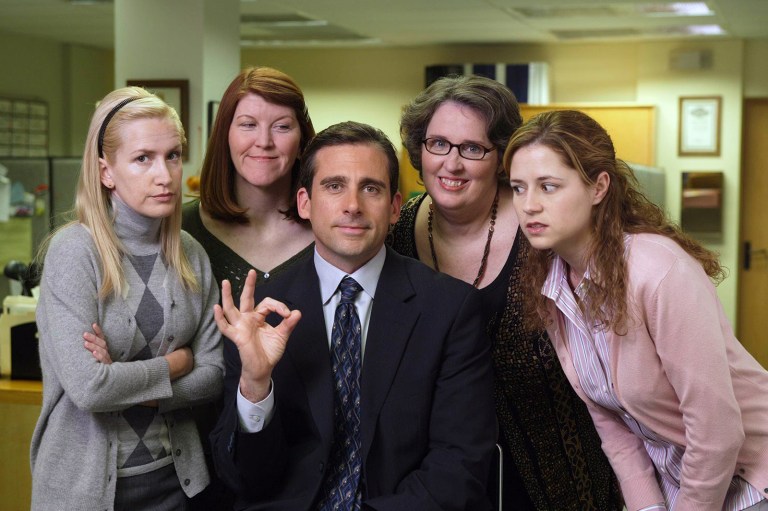
Review: ‘The Office’ Australia Honors The Legacy Of What Came Before It – Kind Of
Is The Office Australia worth the time or should people resign from their Prime Video subscriptions in protest?
Is The Office Australia worth the time or should people resign from their Prime Video subscriptions in protest?
When the first trailer for The Office Australia dropped, yikes! It did nothing to instill confidence in people to give this sitcom a chance. The footage looked lazy, recycled, and as if someone ran the scripts from the US version through ChatGPT with the prompt: Change it just a little bit and set it in an Australian package company called Flinley Craddick.
So, imagine the surprise when the Prime Video series turned out to be, well, decent. This isn’t the second coming of Curb Your Enthusiasm or Schitt’s Creek by any means, but it doesn’t embarrass the legacy of the other versions that came before it. Mild spoilers for The Office Australia follow.
The Office Australia provides a sharp, satirical look at modern-day workplace issues
Right from the first episode, The Office Australia goes for the jugular, discussing the hot topic on LinkedIn: The return to office after the glory days of remote working. It’s a narrative thread that weaves its way throughout the season, exploring and revealing the real reasons bosses want butts in seats: To justify the rental costs of buildings and so managers feel like they have a purpose. However, the story looks at it from other angles too, such as the effect it has on the IT guy, Lloyd (Jonny Brugh), who moved far away from the office and now needs to figure out how to make it work. It also views the issue through the eyes of someone like Lizzie (Edith Poor), who wants to be back in the office because she’s presumably lonely at home.
Apart from this main story beat, The Office Australia also puts other work-related issues under the microscope. One episode tackles the topic of Diversity, Equity, and Inclusion in the workplace and how organizations often treat DEI as an event for posterity’s sake and hashtags rather than as an ingrained culture that should be a part of everyday operations. Sure, this is a storyline that other versions of The Office covered in the past, but there’s an argument to be made about how the Australian version does it better and with sharper sensibilities.
The sitcom features a few repackaged characters
It’s easy to look at the characters of Australia’s The Office and try to identify their American counterparts. In this version, Nick (Steen Raskopoulos) and Greta (Shari Sebbens) are the Jim and Pam of the show, but there’s more maturity and nuance between their characters’ interactions; they don’t just behave like a bunch of lovesick adults in an office romance. Also, Greta’s entire character arc isn’t defined solely by her feelings for Nick.
Similarly, Lizzie takes up the mantle of the eccentric curmudgeon from Dwight Schrute. That said, she’s not quite a carbon copy of Dwight. Lizzie’s behavior doesn’t endear her to her colleagues and she attracts drama like a Kardashian, but there are moments when people can relate to her reactions – especially when someone steals her workstation. Oh, and she owns a pet crow named Russell – let that joke sink in for a moment.
The standout character, though, is Martin (Josh Thomson), the HR representative. Unlike Toby Flenderson who bumbled his way through work and tried to be incognito, the no-nonsense Martin gets stuck in and fires back at shenanigans when necessary. At times, he looks defeated by the system and hierarchy, but he works for the benefit of the company’s employees and isn’t afraid to put down his foot when he believes something is afoot. All hail Martin, the modern-day hero!
Felicity Ward’s Hannah Howard is an awful and toxic boss
Felicity Ward portrays Hannah Howard, the managing director of Flinley Craddick. The way Ward plays the character is like a riff of Steve Carell’s Michael Scott – whacky and disruptive to the staff members. Unlike Michael, who proved to be an amazing leader when it mattered, Hannah is a dreadful human being who doesn’t deserve to be in any management position. She possesses zero redeemable qualities as she acts selfishly and toxically – often affecting her own staff financially and personally. While Michael could be guilty of doing silly things, he tried to fix situations when he knew he messed up. Hannah, on the other hand, doesn’t.
Of course, the American version of The Office also tinkered with Michael’s character for the second season, since he was seen to be too unlikable at first. The same should happen to Hannah. In an age where nearly everyone hates their job, this type of toxic leader infuriates more than entertains as Hannah embodies all that’s wrong with the modern working world. The character might have been written that way deliberately, but it’s off putting after the second episode.
Is it worth watching?
All in all, The Office Australia lacks the magic of the US or UK versions of the show, but it’s far from the disaster the trailer suggested it to be. In fact, it has its laugh-out-loud moments. Here’s hoping Prime Video doesn’t give it notice in the near future, because there’s serious potential for growth here.











